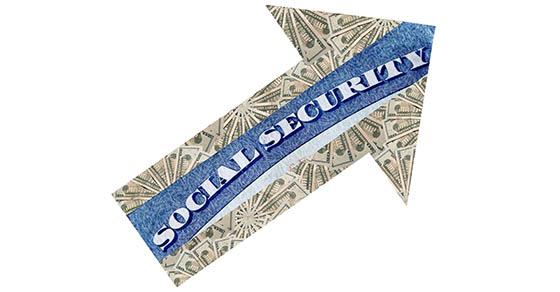7 common payroll risks for small to midsize businesses
If your company has been in business for a while, you may not pay much attention to your payroll system so long as it’s running smoothly. But don’t get too complacent. Major payroll errors can pop up unexpectedly — creating huge disruptions costing time and money to fix, and, perhaps worst of all, compromising the […]
7 common payroll risks for small to midsize businesses Read More »










